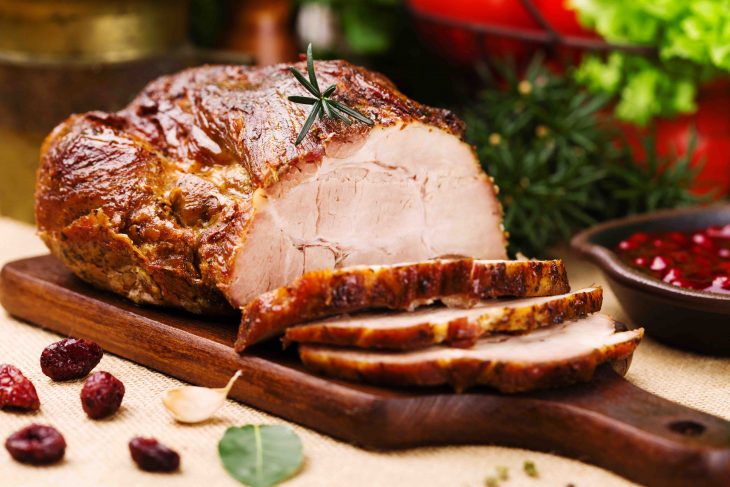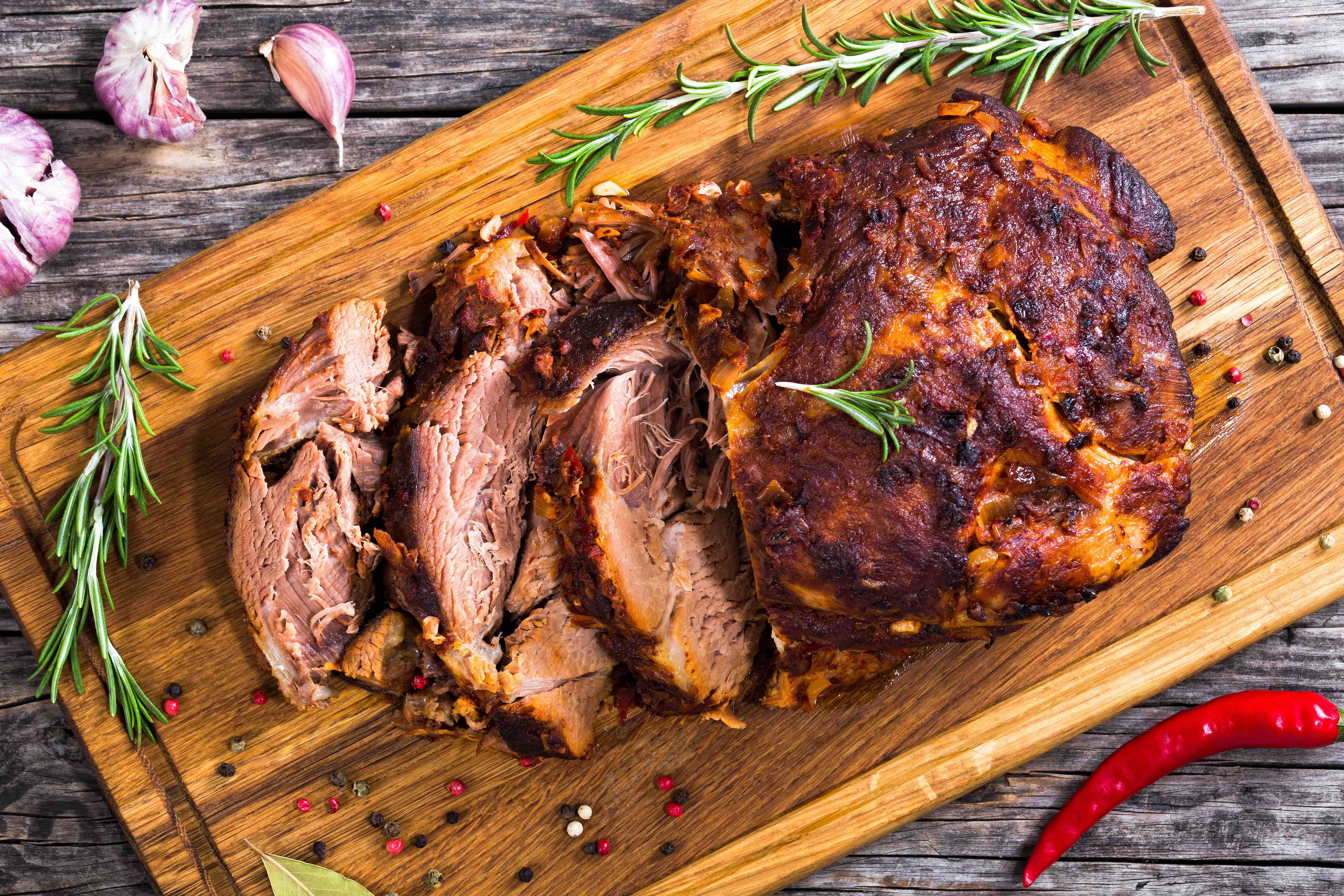
Pork shoulder, also known as pork butt or Boston butt, is a popular cut of meat known for its rich flavor and versatility in various dishes. Whether you’re a meat enthusiast or simply curious about the nutritional profile of pork shoulder, this article will provide you with 15 informative nutrition facts to help you make informed choices. From its macronutrient content to essential vitamins and minerals, let’s explore the nutritional benefits of pork shoulder.
High in Protein
Protein is an essential nutrient for building and repairing tissues in the body. A 3-ounce serving of pork shoulder provides approximately 22 grams of protein, making it a valuable protein source.
Rich in Vitamins B6 and B12
Pork shoulders are a good source of vitamins B6 and B12, which play a crucial role in energy production, brain function, and the formation of red blood cells.
Contains Essential Minerals
Pork shoulder contains important minerals such as iron, zinc, phosphorus, and selenium, which are essential for various bodily functions including immune support and bone health.
Moderate Fat Content
While pork shoulder contains fat, it’s important to note that not all fats are bad. The fat content in pork shoulder provides flavor and helps maintain moisture during cooking.
Source of Healthy Monounsaturated Fat
Pork shoulder contains monounsaturated fats, which are considered heart-healthy fats that may help reduce bad cholesterol levels when consumed in moderation.
Provides Vitamin D
Vitamin D is essential for bone health, immune function, and overall well-being. Pork shoulder is a natural source of vitamin D, making it a valuable addition to your diet.
Contains Essential Amino Acids
Pork shoulder provides all nine essential amino acids, making it a complete protein source that can support muscle growth and repair.
Source of Riboflavin

Riboflavin, or vitamin B2, is involved in various metabolic processes in the body. Pork shoulder contains riboflavin, which contributes to energy production and the maintenance of healthy skin.
Supports Nervous System Health
Pork shoulder contains nutrients like thiamin and magnesium, which are essential for proper nervous system function and can help support cognitive health.
Provides Niacin
Niacin, or vitamin B3, is important for energy production and maintaining healthy skin, digestion, and nervous system function. Pork shoulder is a natural source of niacin.
Contains Choline
Choline is a nutrient that plays a crucial role in brain development, muscle movement, and liver function. Pork shoulder contains choline, making it a valuable addition to a balanced diet.
Supports Healthy Muscle Function
Pork shoulder is a good source of potassium, an electrolyte that helps regulate fluid balance, nerve signals, and muscle contractions, promoting healthy muscle function.
Low in Carbohydrates
If you’re following a low-carb diet, pork shoulder can be a suitable choice. It is naturally low in carbohydrates, making it a versatile option for those watching their carb intake.
Versatile Culinary Ingredient
Pork shoulder’s rich flavor and tender texture make it a popular choice for a variety of dishes, including slow-cooked roasts, pulled pork, stews, and more.
Sustainable Farming Practices
When purchasing pork shoulder, look for products from farms that follow sustainable and ethical farming practices, ensuring the welfare of animals and the environment.
Final Thoughts
Pork shoulder is a flavorful and nutrient-rich cut of meat that can be enjoyed as part of a balanced diet. Its high protein content, essential vitamins, and minerals make it a valuable addition to various culinary creations. Remember to choose quality pork shoulder from sustainable sources, and enjoy its delicious taste in moderation.
Frequently Asked Questions (FAQs)
Is pork shoulder high in calories?
While pork shoulder contains calories, the exact amount depends on the cooking method and specific cut. It’s important to moderate portion sizes and consider the overall balance of your diet.
How should I cook pork shoulder to ensure tenderness?
Pork shoulder is best cooked slowly over low heat, such as in a slow cooker or oven, to ensure tenderness and flavor development.
Can pork shoulder be part of a healthy diet?
Yes, pork shoulder can be part of a healthy diet when consumed in moderation and as part of a balanced meal that includes a variety of nutrient-rich foods.
What is the recommended serving size for pork shoulder?
A standard serving size for pork shoulder is around 3 ounces, but individual needs may vary based on factors such as age, sex, activity level, and overall dietary goals.
Are there any health risks associated with consuming pork shoulder?
As with any meat product, it’s important to handle and cook pork shoulder properly to minimize the risk of foodborne illnesses. Ensure it is cooked to a safe internal temperature and practice good hygiene in food preparation.
Was this page helpful?
Our commitment to delivering trustworthy and engaging content is at the heart of what we do. Each fact on our site is contributed by real users like you, bringing a wealth of diverse insights and information. To ensure the highest standards of accuracy and reliability, our dedicated editors meticulously review each submission. This process guarantees that the facts we share are not only fascinating but also credible. Trust in our commitment to quality and authenticity as you explore and learn with us.
